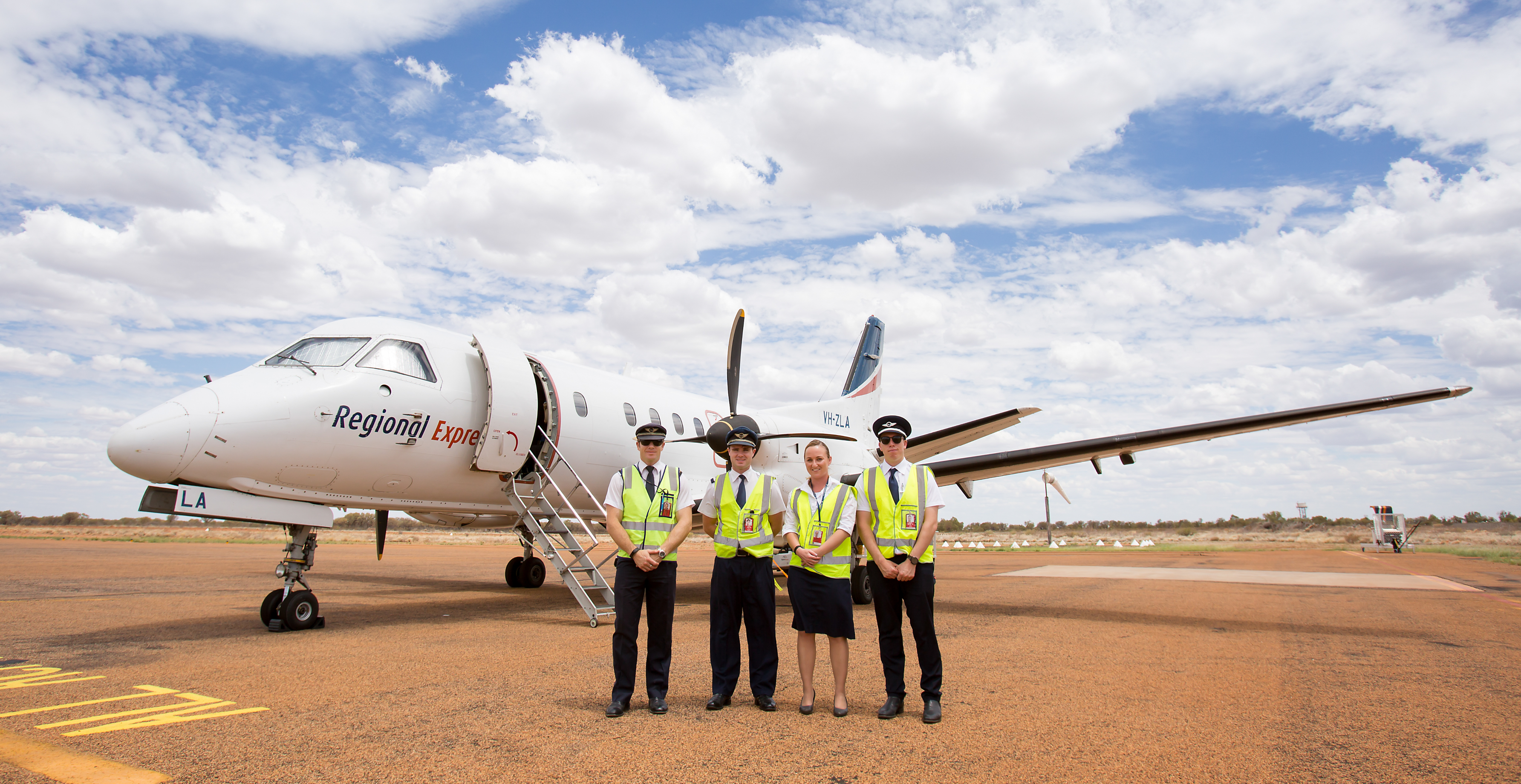Emirates allocates $48m to Airbus A350 pilot and crew training

The Dubai-based carrier’s decision to invest in training reflects the increasing complexity of modern aviation, as the Airbus A350 is considered one of the most advanced aircraft in the world, known for its fuel efficiency, long-range capabilities, and technological sophistication. Emirates’ substantial investment underscores the airline’s determination to maintain its reputation for excellence in the skies as it readies for the new fleet.
The training program will cover both flight and cabin crew, ensuring that pilots are fully equipped to handle the technical requirements of the A350, while cabin crew members are trained to operate efficiently in the aircraft’s state-of-the-art cabin systems. With the introduction of new technology on these aircraft, specialized training is critical to ensuring safety, operational efficiency, and high levels of passenger comfort.
This training initiative will be conducted at Emirates' cutting-edge aviation training facility in Dubai, a center that is renowned for its comprehensive programs and state-of-the-art simulators. The facility will include new flight simulators specifically for the A350, ensuring that pilots undergo rigorous, scenario-based training to familiarize themselves with the aircraft before it enters commercial service.
The $48 million investment also comes at a time when Emirates is seeking to regain momentum after years of turbulence in the global aviation industry. With travel demand rebounding, the airline is focusing on preparing its staff for the future of air travel. Its decision to opt for the A350—a next-generation aircraft designed to be more fuel-efficient and environmentally friendly—signals the airline’s commitment to sustainability while ensuring that it meets evolving passenger expectations.
The Airbus A350, which is built with lighter composite materials, consumes up to 25% less fuel compared to older aircraft models in the Emirates fleet, aligning with global efforts to reduce carbon emissions in aviation. This move also coincides with Emirates' broader strategy of upgrading its fleet to feature more environmentally friendly aircraft, as the industry continues to adapt to regulatory pressures and a growing emphasis on sustainability.
For Emirates, introducing the A350 is not just about adding new planes. It also marks a pivotal shift in the company’s strategy as it looks to expand its operations and reach new markets. The aircraft’s long-range capabilities enable non-stop flights to more distant destinations, which could unlock new opportunities for Emirates to expand its global footprint. Destinations that were previously difficult to serve due to range limitations are now within reach, opening doors to lucrative markets in North and South America, Africa, and Asia.
In preparation for the fleet’s arrival, Emirates has already begun an extensive recruitment drive to attract experienced pilots and crew. The airline, known for its world-class service, is prioritizing hiring highly skilled personnel to complement the advanced technology of the A350. By doing so, Emirates ensures that its team is equipped to handle the complex dynamics of modern aviation while maintaining its high service standards.
This recruitment effort is also a part of Emirates’ strategy to combat the talent shortage in the aviation industry. With many airlines struggling to fill skilled positions, Emirates’ investment in training is seen as a proactive step in ensuring that it has the human resources necessary to meet its operational needs in the coming years. The training program is expected to help fill gaps in the global aviation workforce, which has been a challenge for the industry as it recovers from the pandemic’s impact on employment.
The Emirates A350 fleet, expected to start operations in 2024, will feature an all-new cabin design aimed at enhancing the passenger experience. The aircraft will include updated seating configurations, enhanced inflight entertainment systems, and improved Wi-Fi connectivity. These upgrades are expected to appeal to both business and leisure travelers, offering more comfort and technological integration than previous models.
Emirates’ decision to train its crew extensively before the fleet’s launch shows its commitment to maintaining high standards of service, a key factor that has contributed to its success as one of the leading carriers in the world. The airline has long been recognized for its luxurious services, and with the A350, it aims to elevate the passenger experience further.
The broader aviation industry is watching Emirates' A350 launch closely, as it is expected to set a benchmark for other airlines introducing similar aircraft into their fleets. As a global leader, Emirates' approach to integrating the A350 may influence other carriers to make similar investments in training and technology to remain competitive in an increasingly challenging market.

Join the conversation